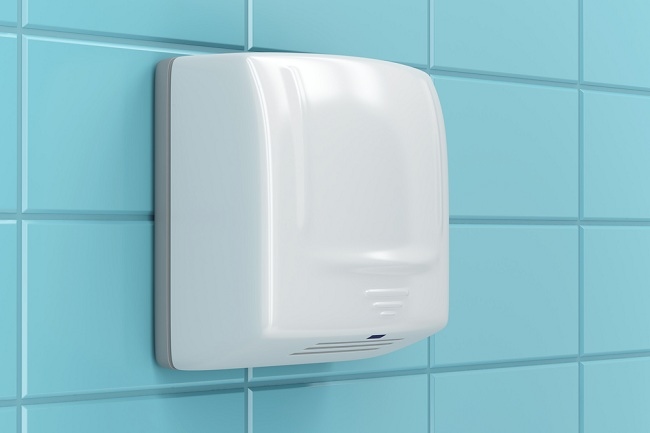There are several common ailments that occur while fasting. One of them is difficult bowel movements or constipation. Constipation during fasting is often caused by lack ofdrink, as well as due to changes in diet and activity.Uto relieve constipation and prevent it from coming back, There are some Case what you can do.
Constipation or constipation is a difficult condition of bowel movements which is characterized by the frequency of defecating less than 3 times a week. In addition, people with constipation often experience complaints of hard stools, a feeling of lump in the anus, and having to strain to pass stool.

Causes of Constipation during the Month of Fasting
In a study of 900 healthy people who fasted during the month of Ramadan, it was found that fasting can significantly increase the risk of constipation. This study revealed that the risk of severe constipation may increase in people who fast for more than two weeks.
Lack of knowledge about the types of foods that are good for consumption, reducing fluid intake, as well as changes in eating patterns, intake amounts, and eating schedules are the causes of constipation during fasting. In addition, we tend to reduce physical activity during the fasting month. It can also increase the risk of constipation.
From other studies, it is known that the risk of constipation will increase if the amount of fiber consumed is less than 15 grams per day, and the amount of water consumed is less than 750 ml (about 3 glasses) per day.
Tips uTo Prevent Constipation While Fasting
In order to stay fit and avoid constipation while fasting, we need to do the following three things:
Sufficient fluid needs
Even though you are fasting, your body's fluid needs must still be met. Drink water or mineral water at least two liters or 8 glasses a day. Increase the consumption of fluids, starting from iftar until before dawn. Reduce your intake of caffeine, alcohol, and soda, as they will dehydrate your body and make you thirsty.
Increase fiber intake
Increase fiber intake, especially at dawn. Adequate fiber intake not only prevents constipation, but can also reduce hunger while fasting. Fibrous foods are digested more slowly so they can keep you full longer.
To increase fiber intake, increase the portion of fruit, vegetables, and other bowel-stimulating foods in the diet. The recommended amount of fiber intake is a minimum of 18 grams per day. In comparison, one whole wheat bread, one apple, or one banana contains about 2 grams of fiber.
Mdo light exercise
Mild exercise that is done regularly is proven to help the intestines move more actively. Good bowel movements will facilitate the process of expulsion of feces and prevent constipation. Avoid doing strenuous exercise that drains sweat during fasting, because it can cause dehydration and fatigue.
In addition to doing the three things above, make sure your diet is nutritionally balanced and hygienically processed. If constipation persists, you can use laxatives or laxatives to facilitate bowel movements. Use laxatives according to the directions for use, and avoid using laxatives in excess or for the long term.
The month of fasting is a month full of blessings. So, don't let constipation be an excuse for you not to fast. By doing the ways to prevent constipation above, it is hoped that your bowel movements will continue to run smoothly. However, if constipation does not improve, consult a doctor for further treatment.
Written by:
dr. Riana Nirmala Wijaya









